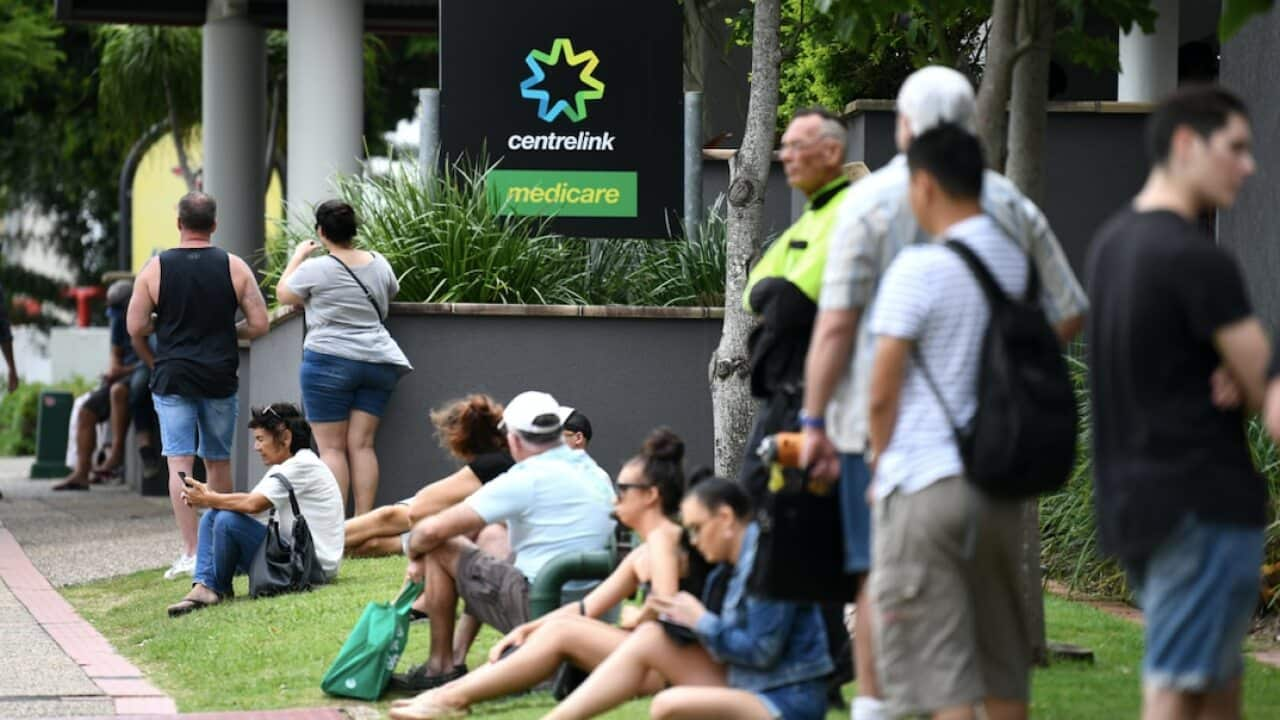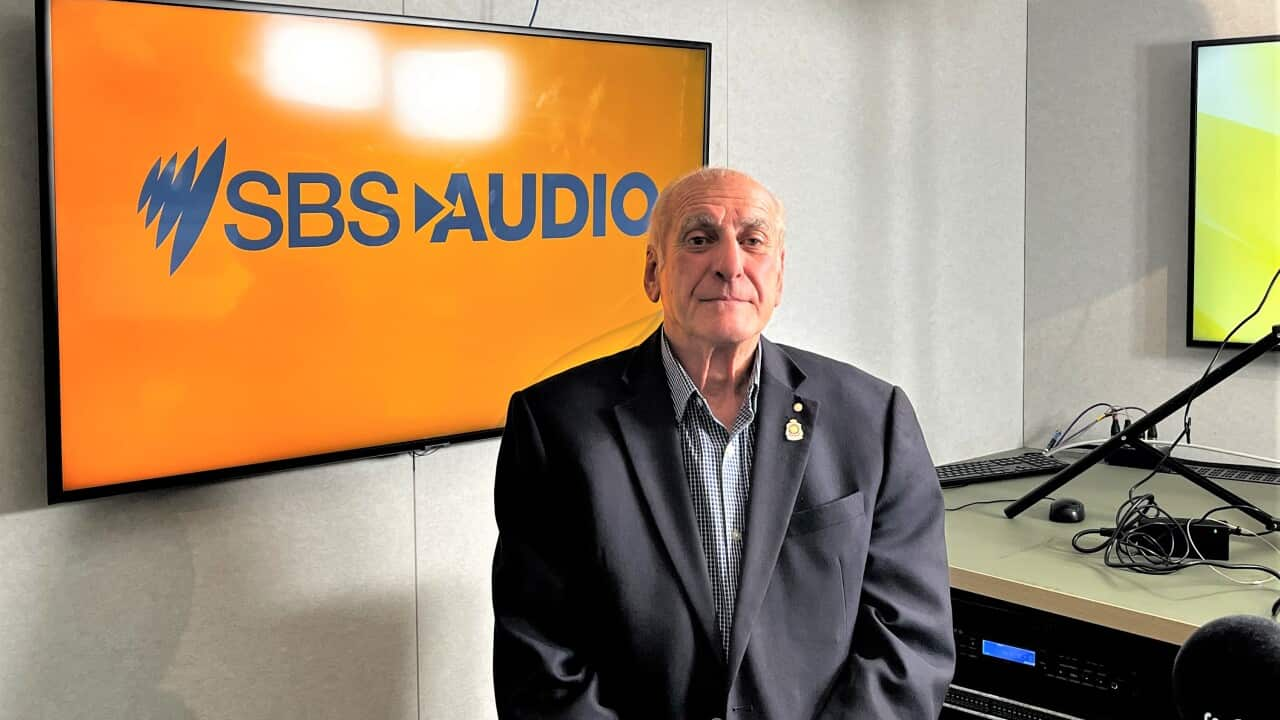Things were going smoothly for Vasilis Dale in Australia until the coronavirus outbreak hit.
Following his arrival to the country five years ago, and the completion of his studies, he had his application for an employer-sponsored visa accepted, got married and had a baby.
He was working in hospitality, a field among the hardest hit by the pandemic, and since being stood down he remains unemployed.
But as a temporary visa holder he lacks access to any government support, including the Jobkeeper and Jobseeker payments.
“I was paying all required taxes, rent and everything, my child was born here, I basically consider my self an active member of this country’s economy and when this crisis hit I was pretty much left helpless,”Mr Dale tells SBS Greek.
The Melbourne-based family are getting by thanks to their savings and according to Mr. Dale there are many others facing the same or an even worse situation.
Asked about the government’s position in prioritising citizens and permanent residents over the estimated two million temporary visa holders, he claims it would be feasible for every group to receive support.
The way, he says, would be for the government to choose not to have a fixed Jobkeeper payment rate for recipients regardless of previous income, and instead redirect funds to more people.
“I know people at my job who used to work three days a week and they end up getting more money now with the $1500 payment than before, when they were working”.
“I felt taken advantage of by Australia, one of the world’s most powerful and developed countries,” he says.






